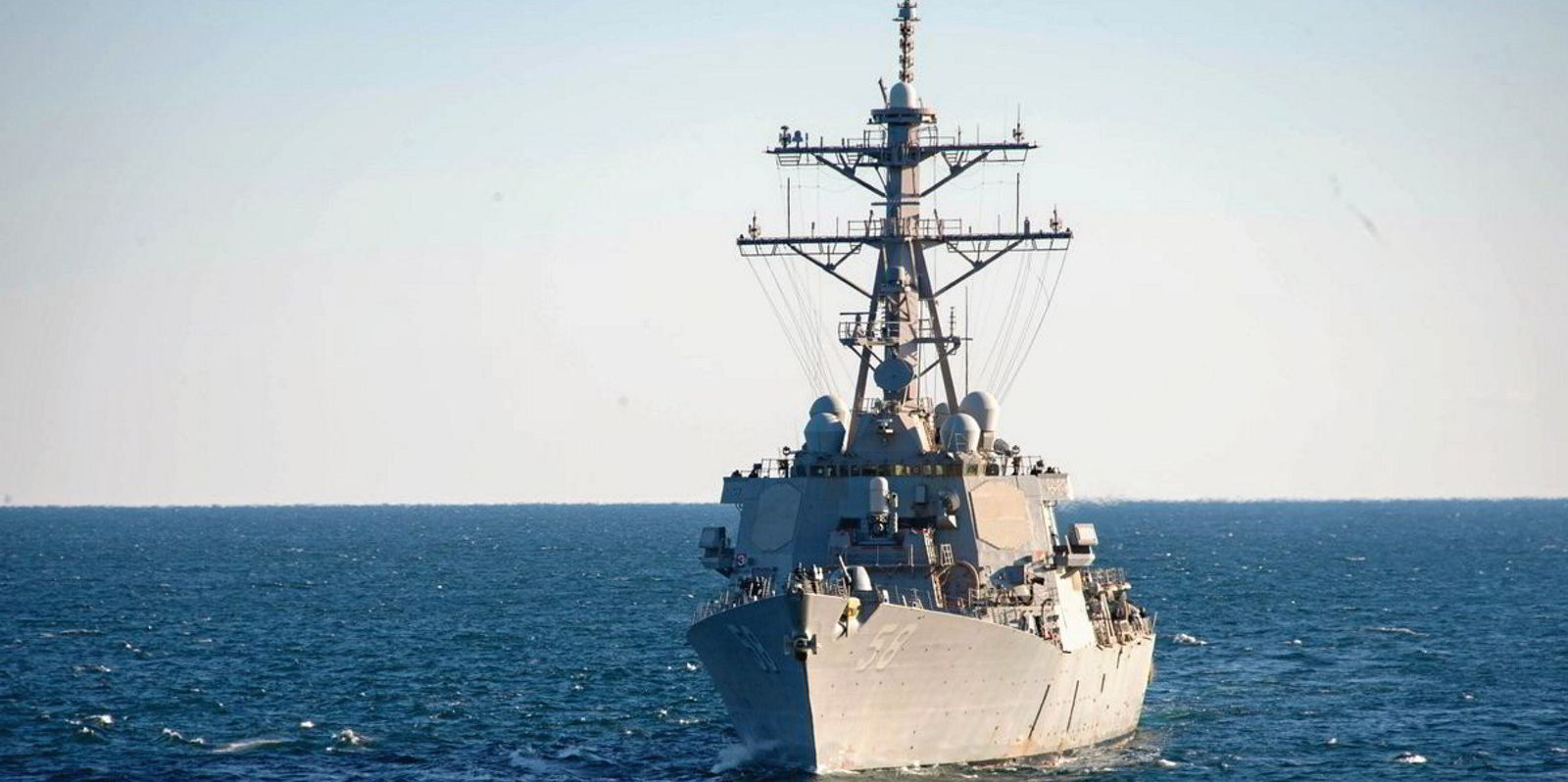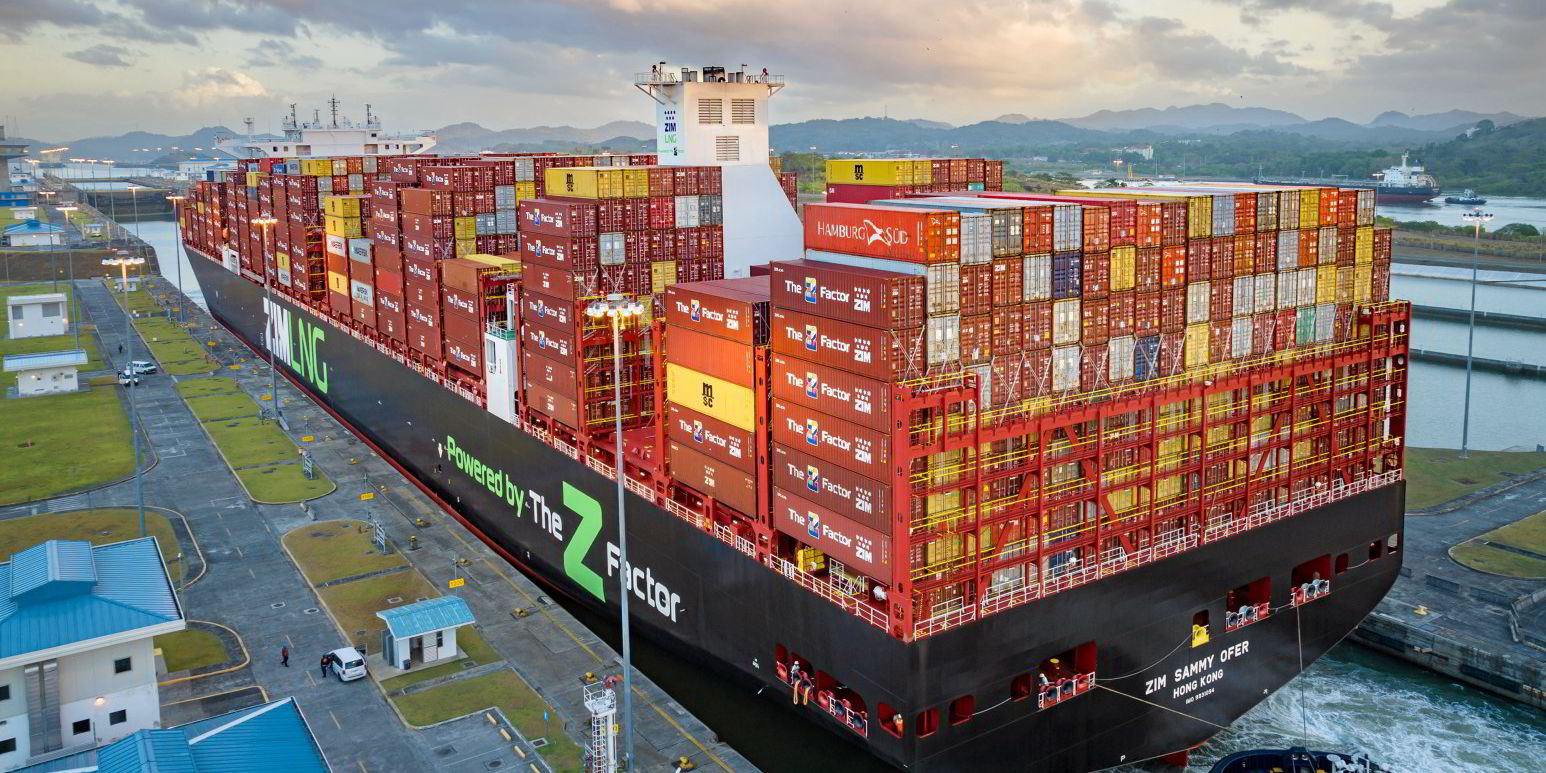Patrizia Kern-Ferretti, chief insurance officer at cargo insurance technology start-up Breeze, said cargo insurers will continue to provide cover for vessels passing through the Red Sea during the Houthi attacks on shipping.
Shipping companies have been pulling out of the passage in droves in response to the Houthi missiles.
The attacks have led to a 70% fall in container traffic through the Bab el-Mandeb strait and a 136% increase in voyages around the Cape of Good Hope, according to analysis by maritime AI company Windward.
But, the cargo insurance markets are continuing to provide cover for the freight at elevated costs which have seen war risk rates reportedly hike as high as 0.5% to 0.7% of insured values.
“We [Breeze] have been fortunate because our capacity providers have been extremely supportive,” Kern-Ferretti said. “We are lucky because they have been saying there is a fundamental role in dealing with an insurance company that is providing relief in a time of crisis.
“No one has said we are not going to cover this. We look at it case by case, it depends on what type of ships. In the beginning, attacks were very much targeted at Israeli interests, today it is anybody, but as such we have had no concern from this point of view,” she said.
One year ago, the reinsurance market pulled out of providing cover for ships in the Black Sea war zone, although Kern-Ferretti said it was sanctions-compliance issues which resulted in them leaving the market rather than the increased risks to shipping.
Breeze, which uses AI digital technology to provide cargo insurance, monitors the passage of ships. An alert is triggered when a ship passes through a region identified as high risk by the Lloyd’s Market Association (LMA)’s Joint War Committee.
Further security intelligence for cargo underwriters is being provided by the LMA’s Joint Cargo Committee’s Global Cargo Watch list.

There has not yet been a major cargo claim despite the repeated attacks on shipping.
US-led coalition Operation Prosperity Guardian has been established to protect Red Sea shipping, but Kern-Ferretti says it is too early to assess its impact. “It is too short a period of time to say they have been successful, but it is a very big deterrent.”
Kern-Ferretti draws a comparison between the current situation in the Red Sea to the time when the Somali coast and Indian Ocean were plagued by piracy around 2011. She worked for Swiss Re Corporate Solutions at the time.
The current situation is much more impactful on trade than when ships were being hijacked in the Indian Ocean, she believes.
“If I look back at a similar situation, I think that what is really tricky now is that it is very much focused on the Suez Canal. When we were looking at the previous crisis, it was much more around the coast of Somalia,” Kern-Ferretti said.





